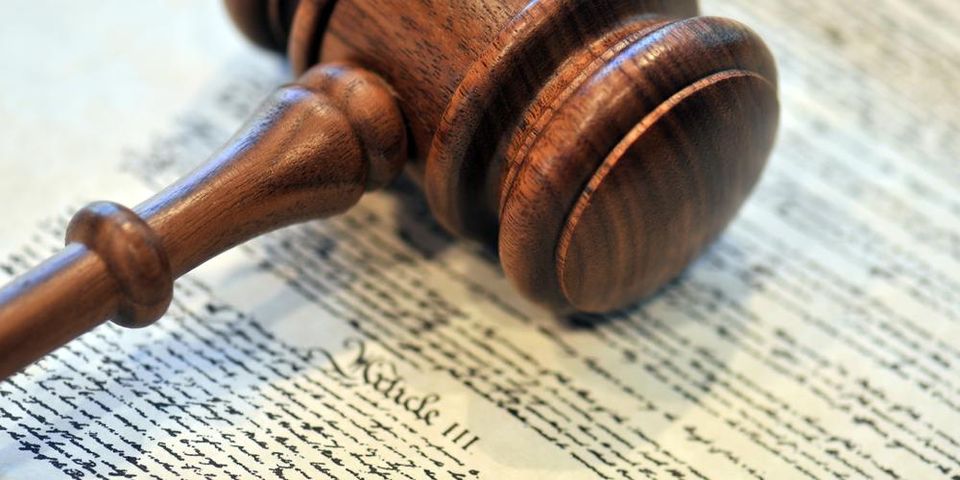The History of the 8th Amendment

The Eighth Amendment is a brief yet vital addition to the U.S. Constitution. It reads, “Excessive bail shall not be required, nor excessive fines imposed, nor cruel and unusual punishments inflicted.” While this guideline for the treatment of those who have been arrested and tried may seem straightforward at first glance, the debate that raged both at the time of its creation and today reveals the complexity of this amendment.
How the 8th Amendment Came to Be
Origins of the 8th Amendment
Even before the U.S. Constitution was fully ratified, the Founding Fathers were familiar with the concept of placing restrictions on the state’s ability to penalize offenders. England’s Bill of Rights, for example, prohibited cruel and unusual punishments. Yet the original text of the U.S. Constitution left out any mention of this right. Critics of the Constitution argued that this omission gave the newly formed government too much power to oppress its citizens. For this reason, the Eighth Amendment was added in 1791 as part of the American Bill of Rights. The text is specifically designed to allow those accused of crimes to continue to enjoy rights and protections under U.S. law, including a right to reasonable bail practices. What is considered excessive depends on the context – for example, a high bail amount might be seen as excessive in a minor misdemeanor case, but appropriate for a major felony.
Modern Controversy
 Despite the protection the amendment affords, injustices still occur. There’s an ongoing debate on the interpretation of this amendment, mostly centering around what should be considered cruel, unusual, or excessive. Some argue that the definitions we use in modern law should be those used when the amendment was written, while others insist they should be reinterpreted in light of contemporary values. Some call for public opinion to determine the appropriate punishments when someone is arrested for a crime, while others advocate leaving these decisions to the judges and lawmakers responsible for enforcing them.
Despite the protection the amendment affords, injustices still occur. There’s an ongoing debate on the interpretation of this amendment, mostly centering around what should be considered cruel, unusual, or excessive. Some argue that the definitions we use in modern law should be those used when the amendment was written, while others insist they should be reinterpreted in light of contemporary values. Some call for public opinion to determine the appropriate punishments when someone is arrested for a crime, while others advocate leaving these decisions to the judges and lawmakers responsible for enforcing them.
How This Affects You
If you’re arrested for any crime, you’re assured of specific protections. You will almost always have the opportunity to present bail instead of being held in jail to await trial. Your bail amount isn’t set arbitrarily, but is rather determined from an objective assessment of a variety of factors. Once sentenced, your penalty will consist of fines or prison time – not the barbaric punishments of centuries past – and will generally be proportionate to your crime. In this way, the Eighth Amendment plays a defining role in our current legal system.
If you’ve been arrested and need help making bail, contact DiAdamo-Tracey & Big Steve Bail Bonds in East Haven, CT. Serving New Haven County for over 60 years, this professional, confidential, and trustworthy bail bonding firm provides dedicated and affordable service. They’ll guide you through the court process with customized solutions. To get started, call (203) 787-2245 or visit their website.
About the Business
Have a question? Ask the experts!
Send your question

